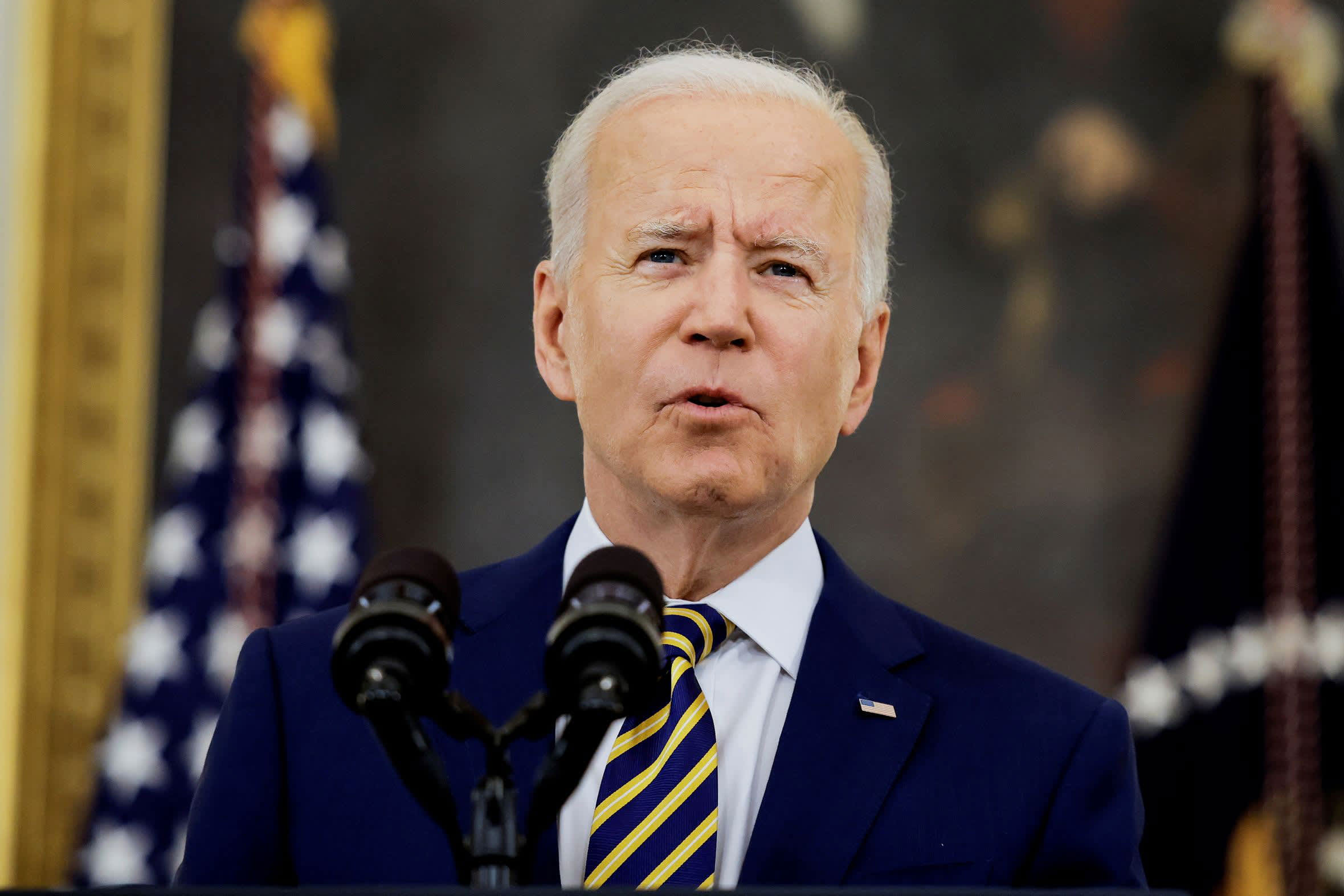UK Prime Minister Keir Starmer says tough times are needed to spark national renewal
Starmer's efforts to instill a sense of optimism come after the government has been accused of doom-mongering over the state of the U.K. economy.

Prime Minister Sir Keir Starmer during an 'In Conversation' event with Debbie Weinstein, managing Director Goole UK&I during the Labour Party Conference at the ACC Liverpool.
Stefan Rousseau - Pa Images | Pa Images | Getty Images
Liverpool, ENGLAND — U.K. Prime Minister Keir Starmer insisted on Tuesday that tough decisions taken now will spark a new era for Britain, as he sought to shake a fog of pessimism that has clouded his new premiership.
"Change must mean nothing less than national renewal," he told a crowd of Labour Party delegates Tuesday.
"The truth is that if we take tough long-term decisions now, if we stick to driving purpose behind everything we do ... then that light at the end of this tunnel, that Britain that belongs to you, we get there much more quickly," he said at the close of Labour's annual party conference, its first in power for 15 years.
Starmer lambasted the previous Conservative government for decimating public services and destroying trust, insisting that politics could be a "force for good" as he outlined Labour's plan for progress.
"We must build a new Britain. We must be a great reforming government," he said.
The prime minister's efforts to instill a sense of optimism come after the government has been accused of doom-mongering over the state of the U.K. economy and providing little detail on how it plans to improve things.
A decision to limit winter fuel payments for pensioners and controversy over ministers' use of donations for clothing and hospitality have also hampered enthusiasm for the new government less than three months after its landslide victory in July.
"If this path were popular or easy, we would have walked it already," Starmer said, defending the fuel cuts.
Among his government's progress so far, Starmer cited settling the NHS doctors' strike, new solar projects and offshore wind farms, planning reforms, stopping no-fault evictions, the creation of a National Wealth Fund, and legislation to renationalize railways.
"The work of change has begun. The patient, calm, determined era of government as service has begun," he said.
"And we're only just getting started," he added, citing plans to reduce knife crime, introduce a new industrial strategy, and combat benefit fraudsters, among others.
Starmer used his speech to repeat his five priorities for securing the so-called national renewal: boosting economic growth, reforming the NHS, enhancing Britain's borders, improving education and shifting to clean energy.
He also declared his success in shifting the party to the political center from its previous leftwing leadership under Jeremy Corbyn, and restoring it to "the service of the working people."
"People said we couldn't change the party, but we did. People said we couldn't win across Britain, but we have. People say we can't deliver national renewal, but we can and we will," he said.
"We will stabilize our economy, clear out the Tory rot, fix the foundations, and deliver the mandate of change," he added.
Finance Minister Rachel Reeves also sought to strike a tone of positivity on Monday, saying in her keynote speech that her "optimism for Britain burns brighter than ever," even as she warned that the road ahead is "steeper and harder than we expected."
The chancellor's upcoming Autumn budget, set to be delivered on Oct. 30, is expected to include tax rises and spending cuts after she warned of a £22 billion ($29 billion) "black hole" in the public finances. However, Reeves said it would also be one of "real ambition," with no return to austerity.
Labour's optimistic messaging has been echoed by government ministers across the party's three-day annual conference in Liverpool, England.
Wes Streeting, minister for health and social care, said that promised improvements to the U.K.'s National Health Service (NHS) would take time to implement.
"The honeymoon period will come later because the scale of the challenge is enormous. We need to rebuild the economy, rebuild public services and rebuild trust in politics," he said at the conference Monday.
Economic secretary to the Treasury, Tulip Siddiq, also said that the country would ultimately benefit from the "tough decisions" currently being made.
"We are trying to fix the foundations of our economy, because if we have some pain in the medium term, in the long term we will benefit," she said during a fringe event Monday.
It comes as public enthusiasm for the government has shown signs of waning. Half of Britons, including a quarter of Labour voters (26%), are disappointed with the government's achievements so far, Ipsos opinion polling showed Friday.
CNBC has reached out to the Conservative Party for comment.

 Lynk
Lynk 































